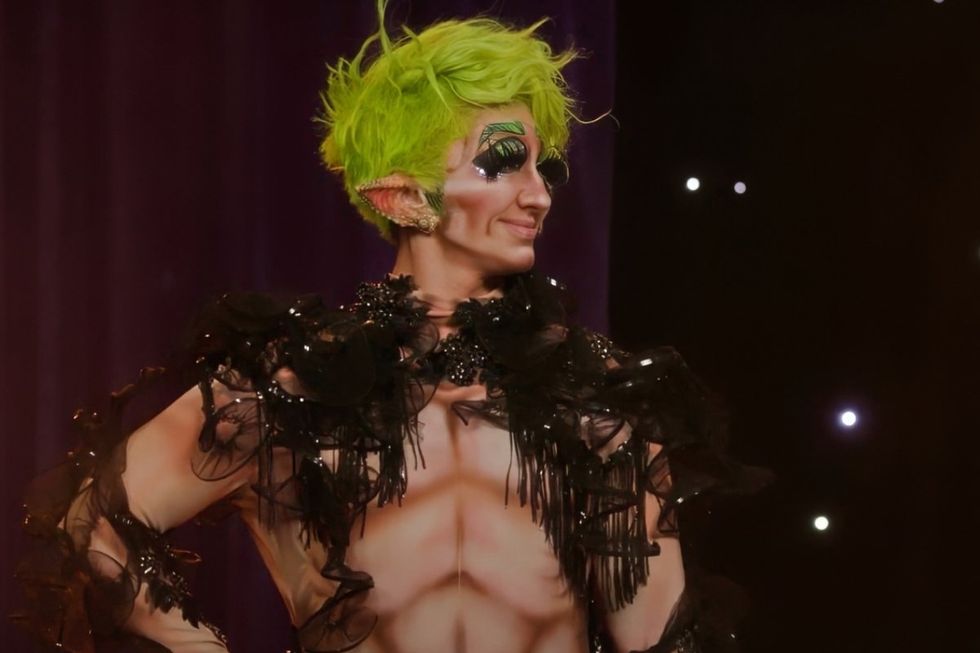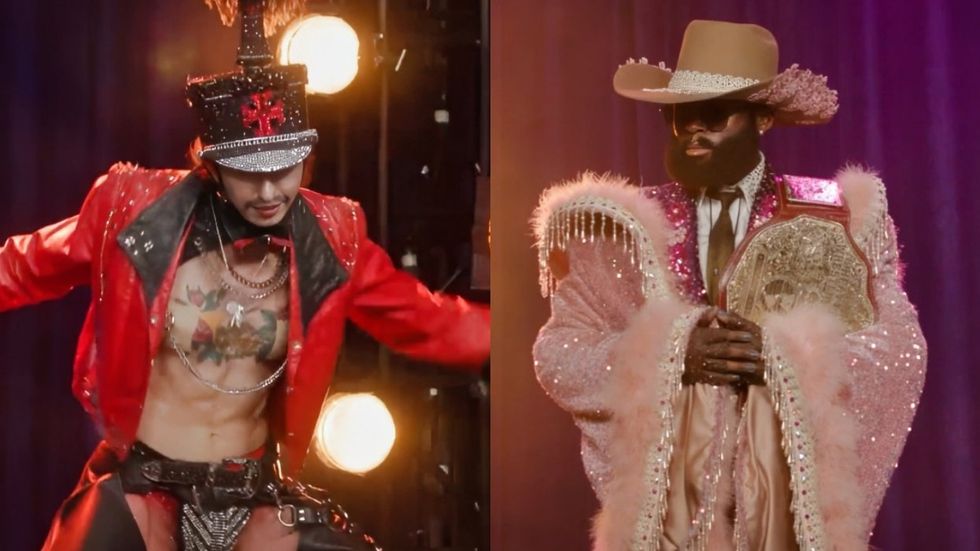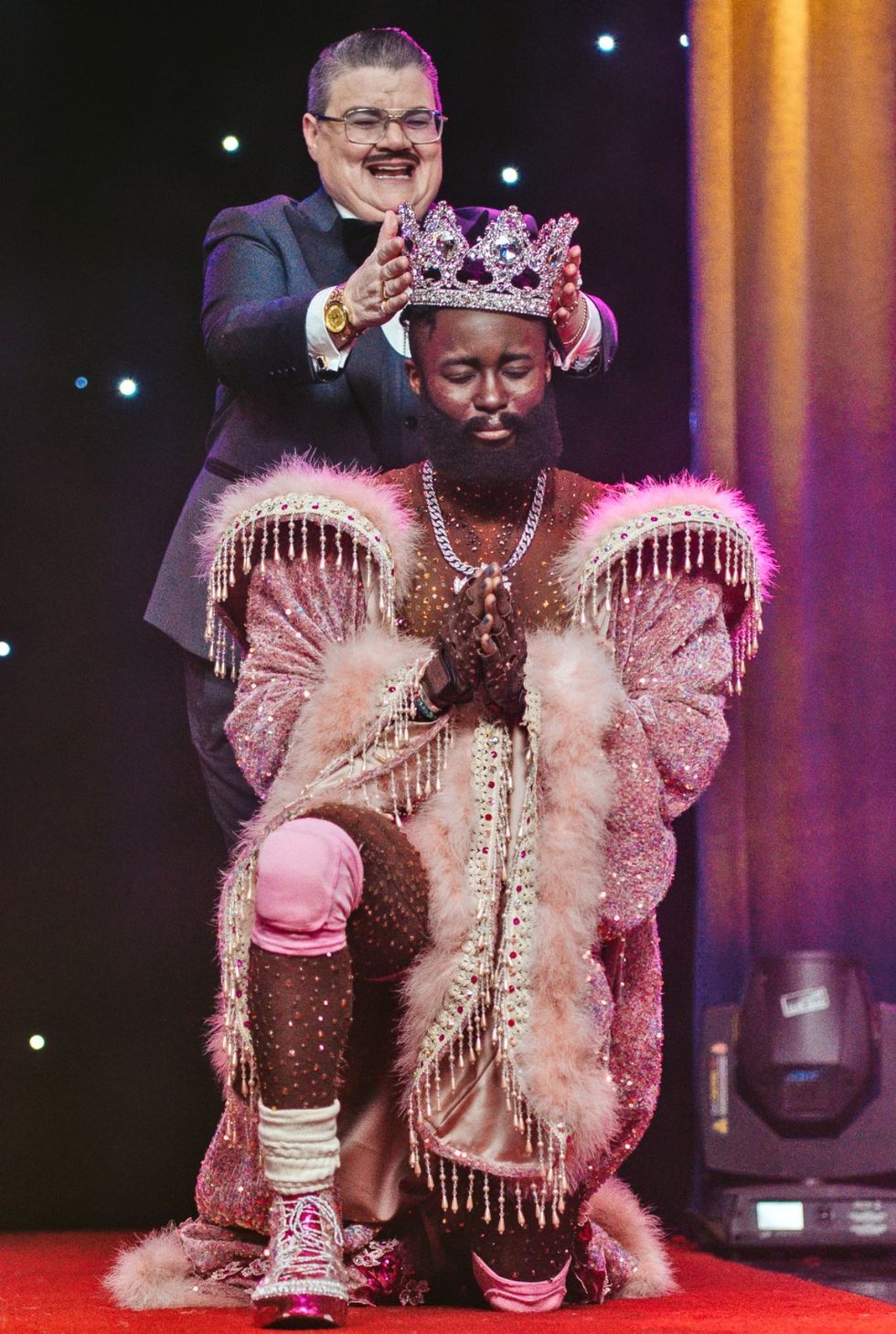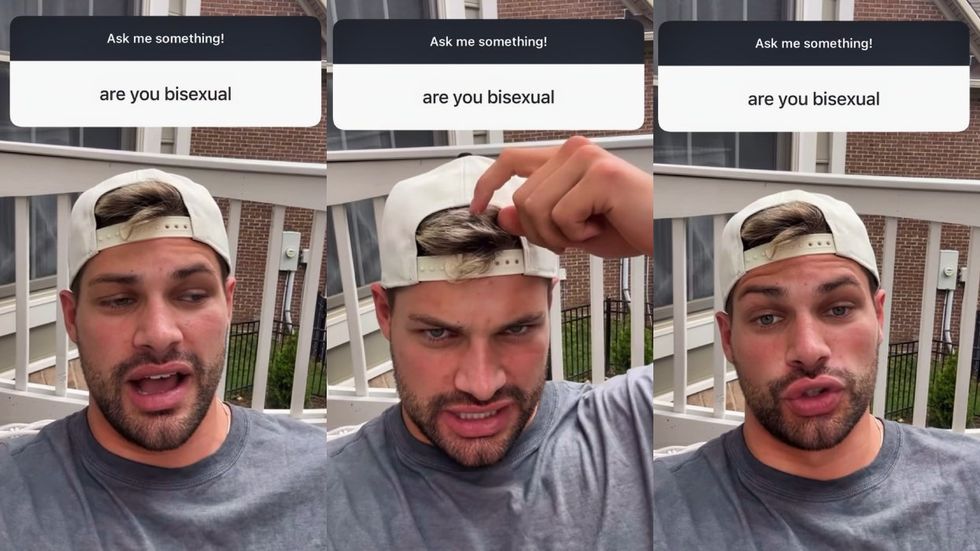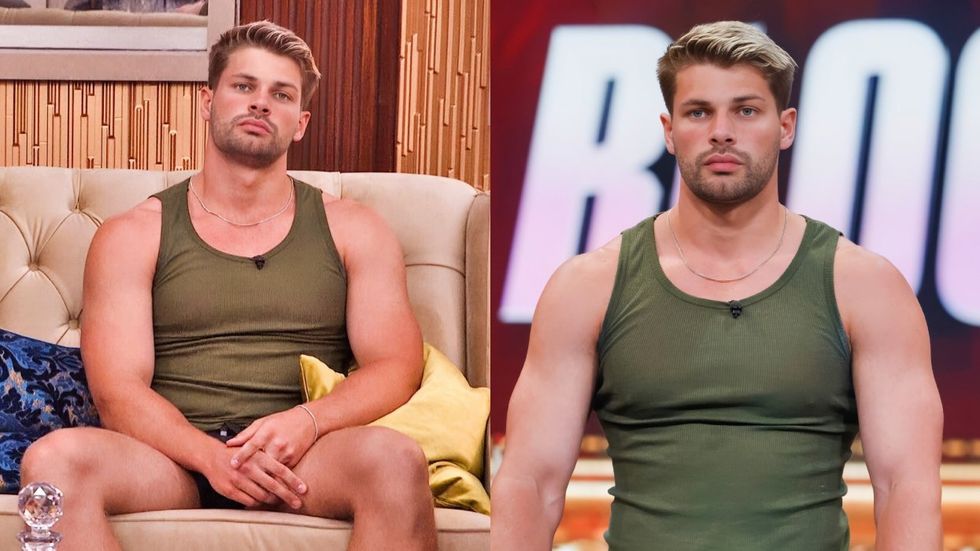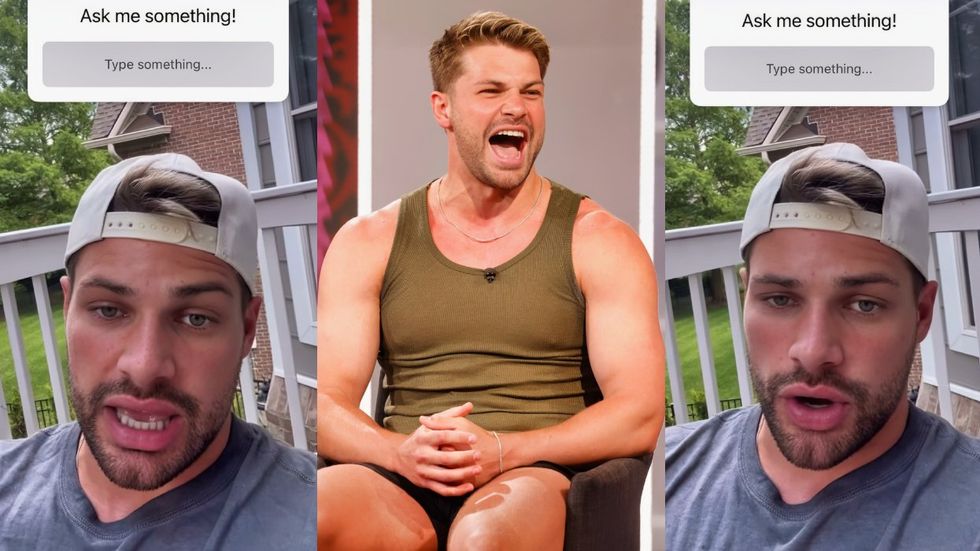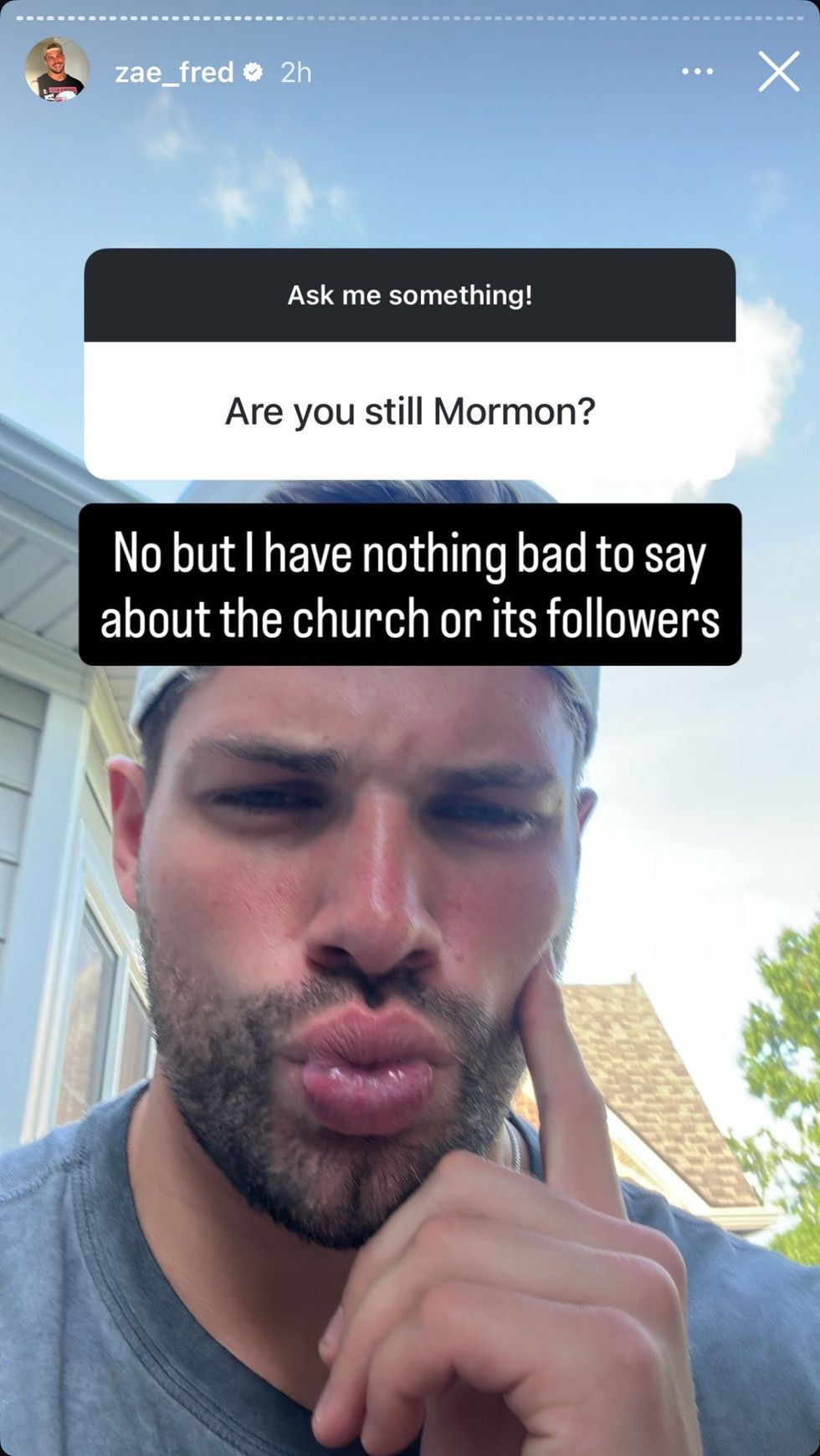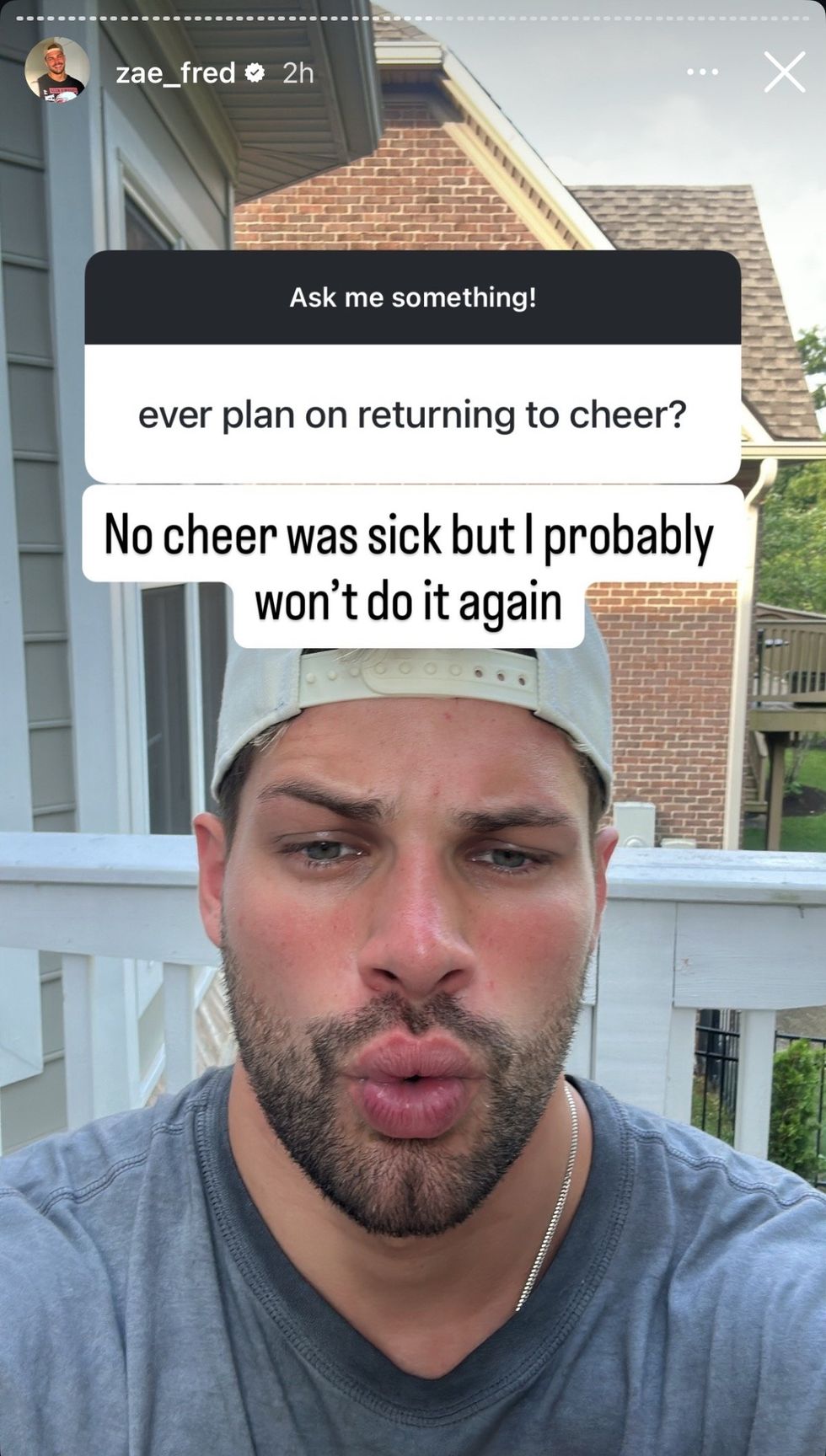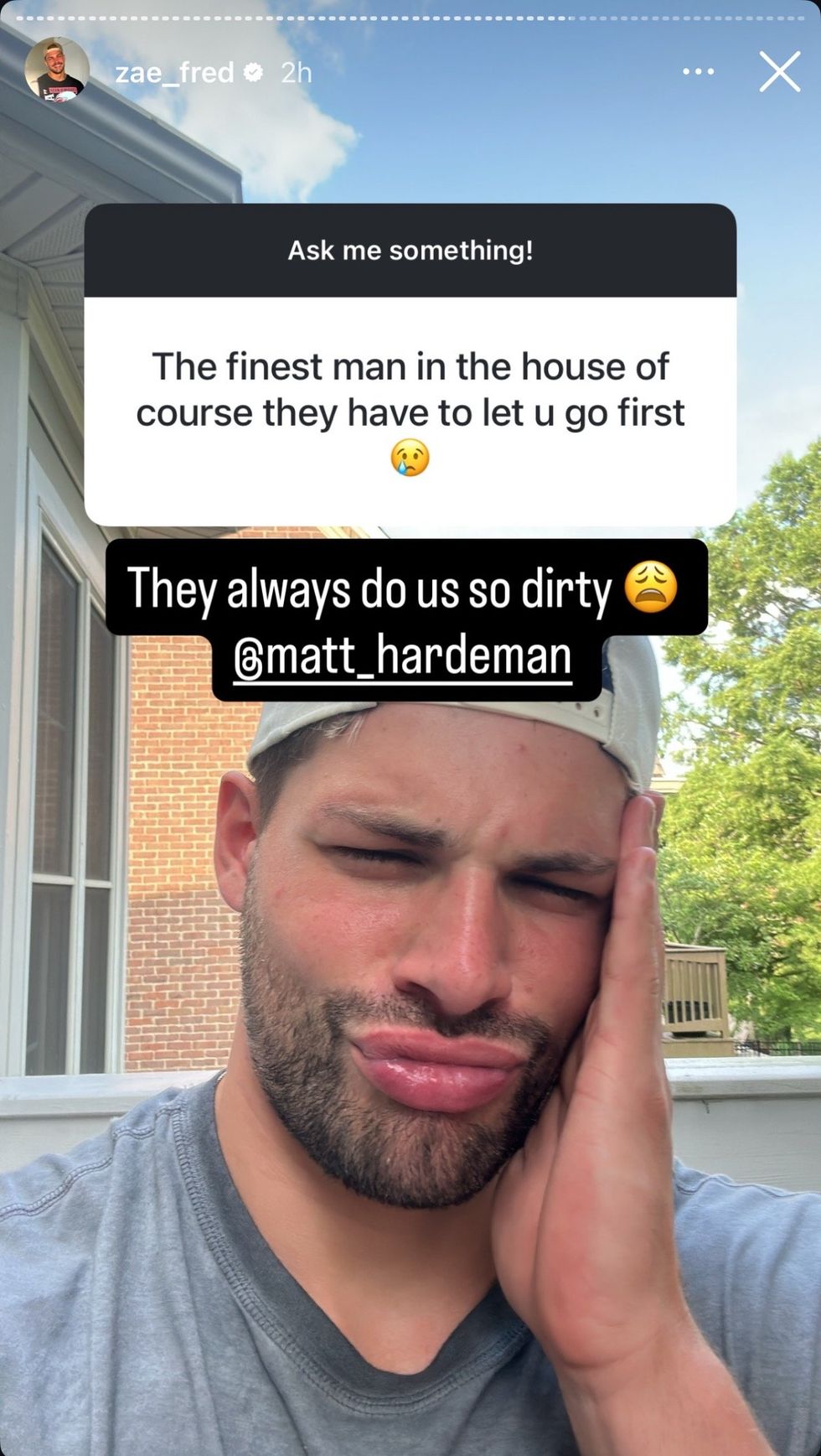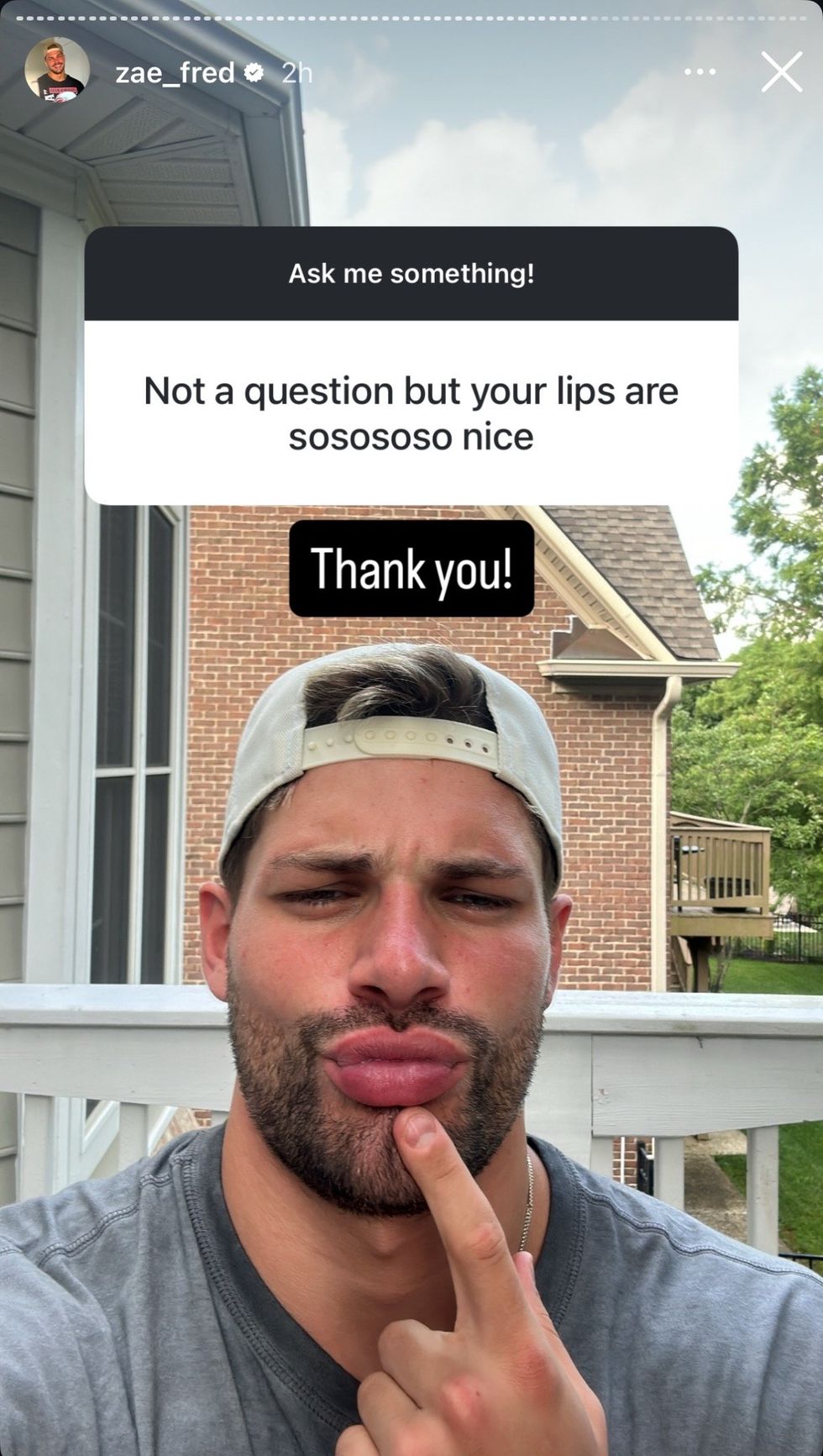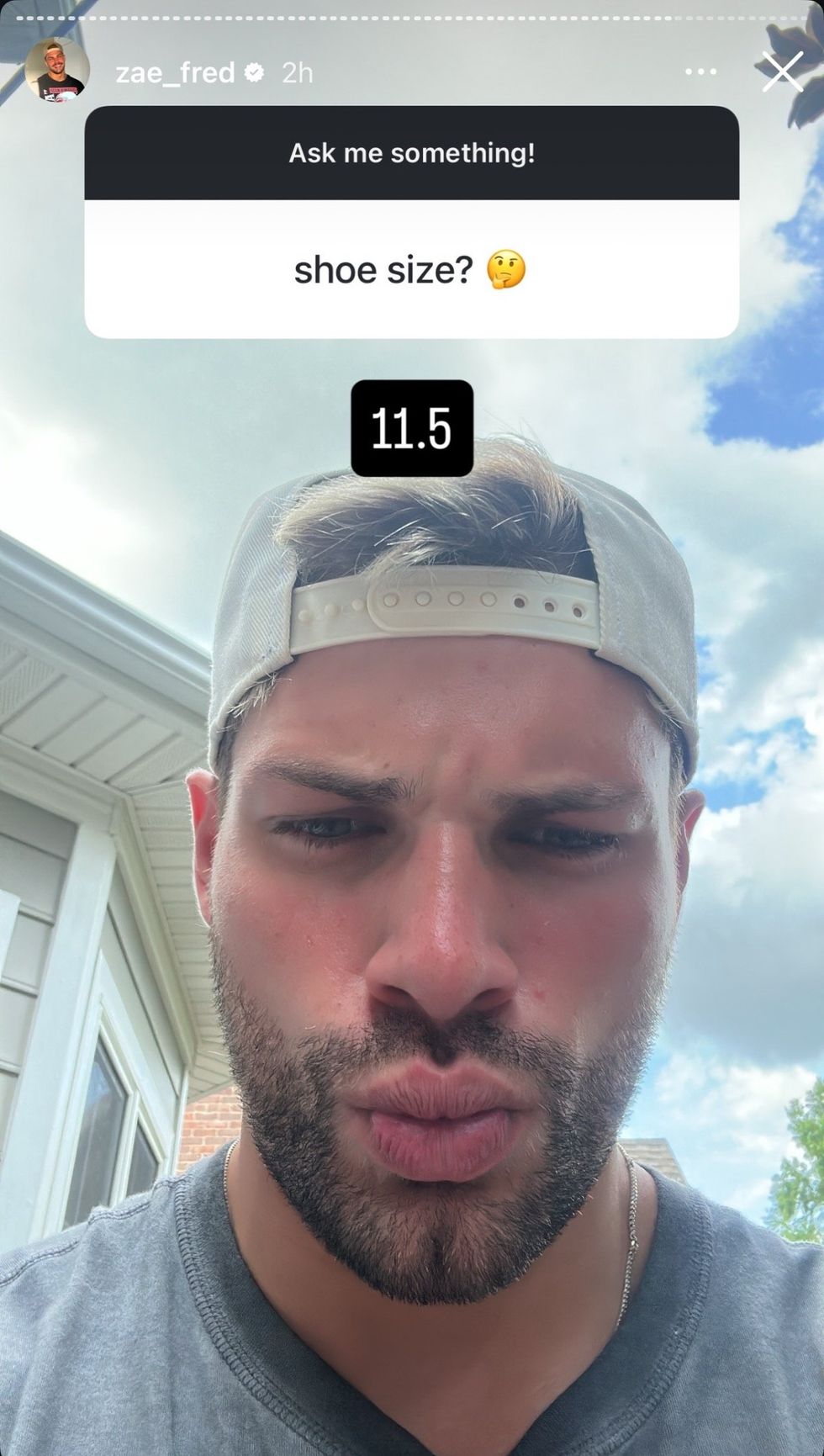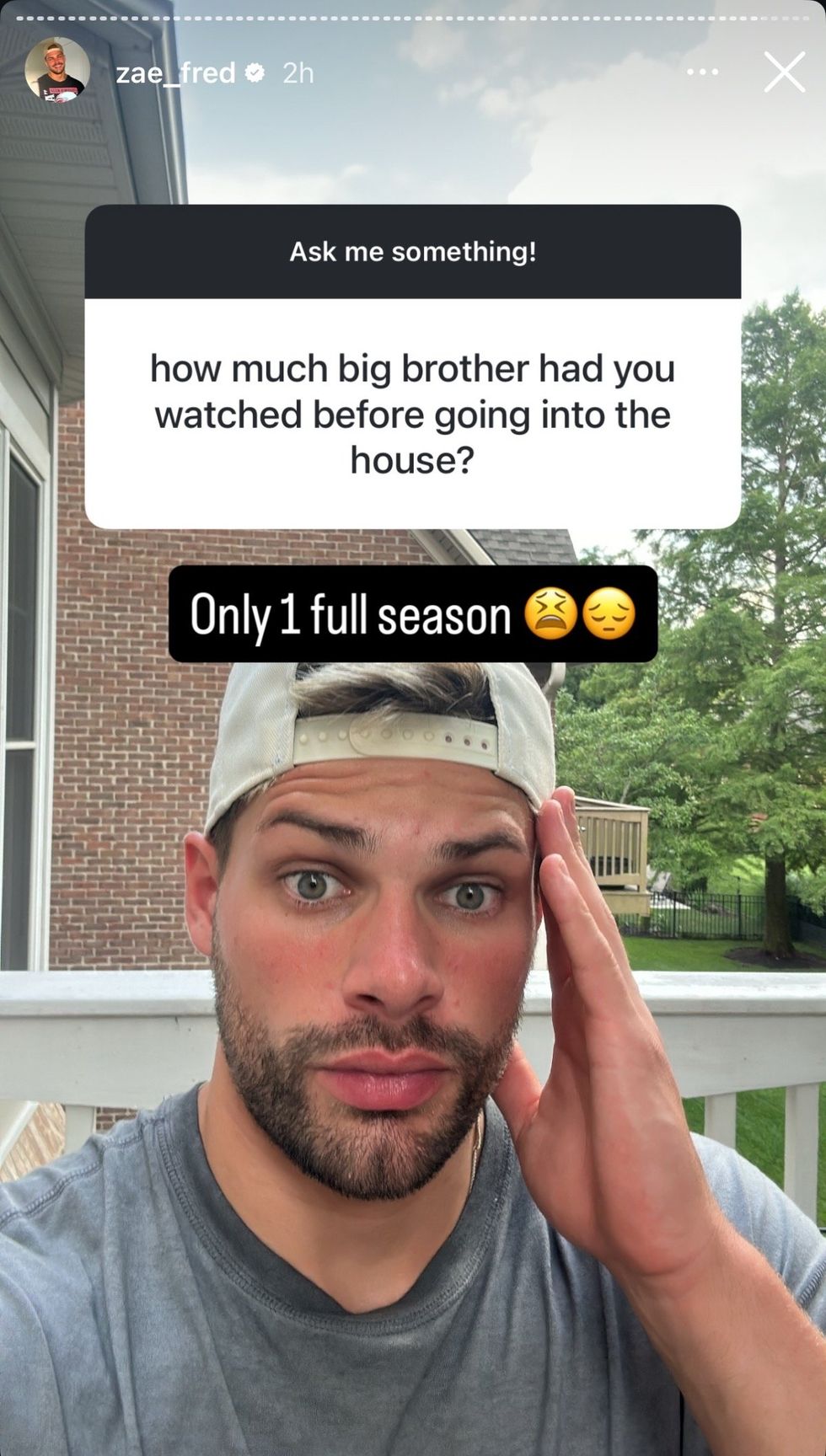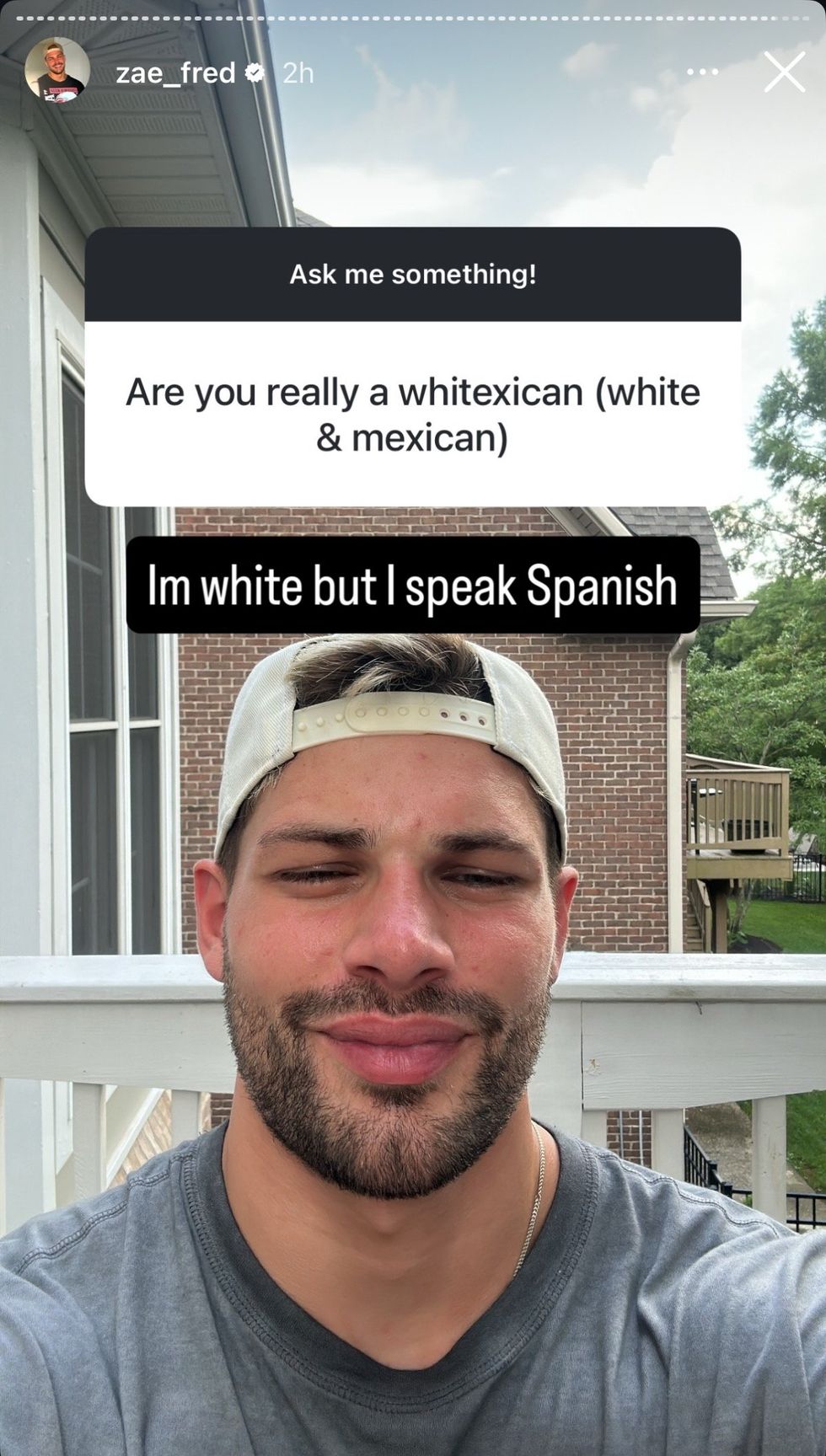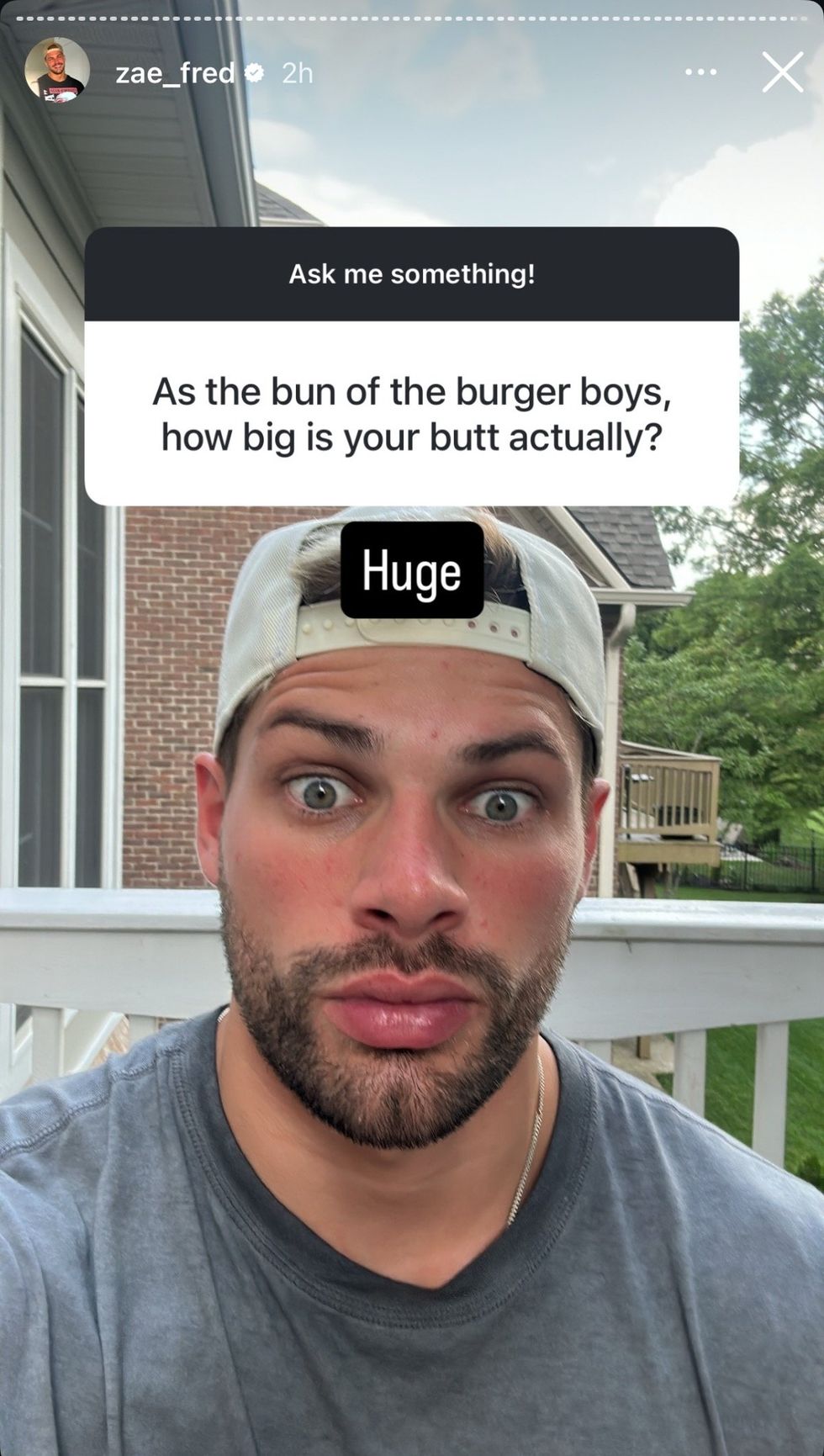War never changes — but the world can.
That is a central theme in Fallout, among many to be sure, but the most important. There’s a seed of hope, of optimism that runs through the games and the new series that arrives on Prime Video today. Yes, it’s a dystopian tale where zombies, mutants, thieves, and chicken fornicators roam the wasteland, but it’s also a story of human perseverance, rebuilding, and reshaping the future. But most of all It’s also the most fun you’ll ever have in the apocalypse.
Fallout comes from executive producer Jonah Nolan (Westworld, Person of Interest) and showrunners Geneva Robertson-Dworet (Captain Marvel, Tomb Raider) and Graham Wagner (Portlandia, Silicon Valley) and is set in the world of the beloved video game series 200 years after a nuclear war has ravaged America — and presumably the world. A lucky (well relatively lucky) few survived the war locked away in massive underground communities called vaults. Others less fortunate had to scrape out an existence in the irradiated wasteland, surrounded by mutated fauna, raider gangs, cannibals, and self-appointed holy knights.

Courtesy of Prime Video
The series picks up in one of those vaults where Lucy (Ella Purnell) has lived a charmed life, until the outside world enters her underground sanctuary, blowing up her utopian existence and stealing her father (Kyle MacLachlan). To get him back she does the unthinkable: she heads out from the safety of her vault, after which she’s quickly educated on the harsh, bizarre, and often gruesome realities of the above-ground world. She also meets a cast of delightfully strange characters including The Ghoul (Walton Goggins), a gunslinging bounty hunter, Maximus (Aaron Moten), a squire of the Brotherhood of Steel (those guys you’ve seen in the trailer with the cool armor), and Siggi Wilzig (Michael Emerson) a scientist with a world-altering secret in his head (literally).

Courtesy of Prime Video
The world-building and attention to detail that has been put into every frame and moment of the series is astounding. Fans of the games will be delighted at every nod and perfectly recreated prop, but for the uninitiated, it’s also just an expertly crafted and immersive new world to get lost in — and believe us you’ll want to, because that world is populated with compelling, charming, and genuinely loveable characters — even though they all do truly terrible things — but as they say, when in the wasteland do as the wastelanders do.
Watch PRIDES’s full interview with Jonah Nolan and Michael Emerson on how queerness and the unknown factor into their post-apocalyptic world.
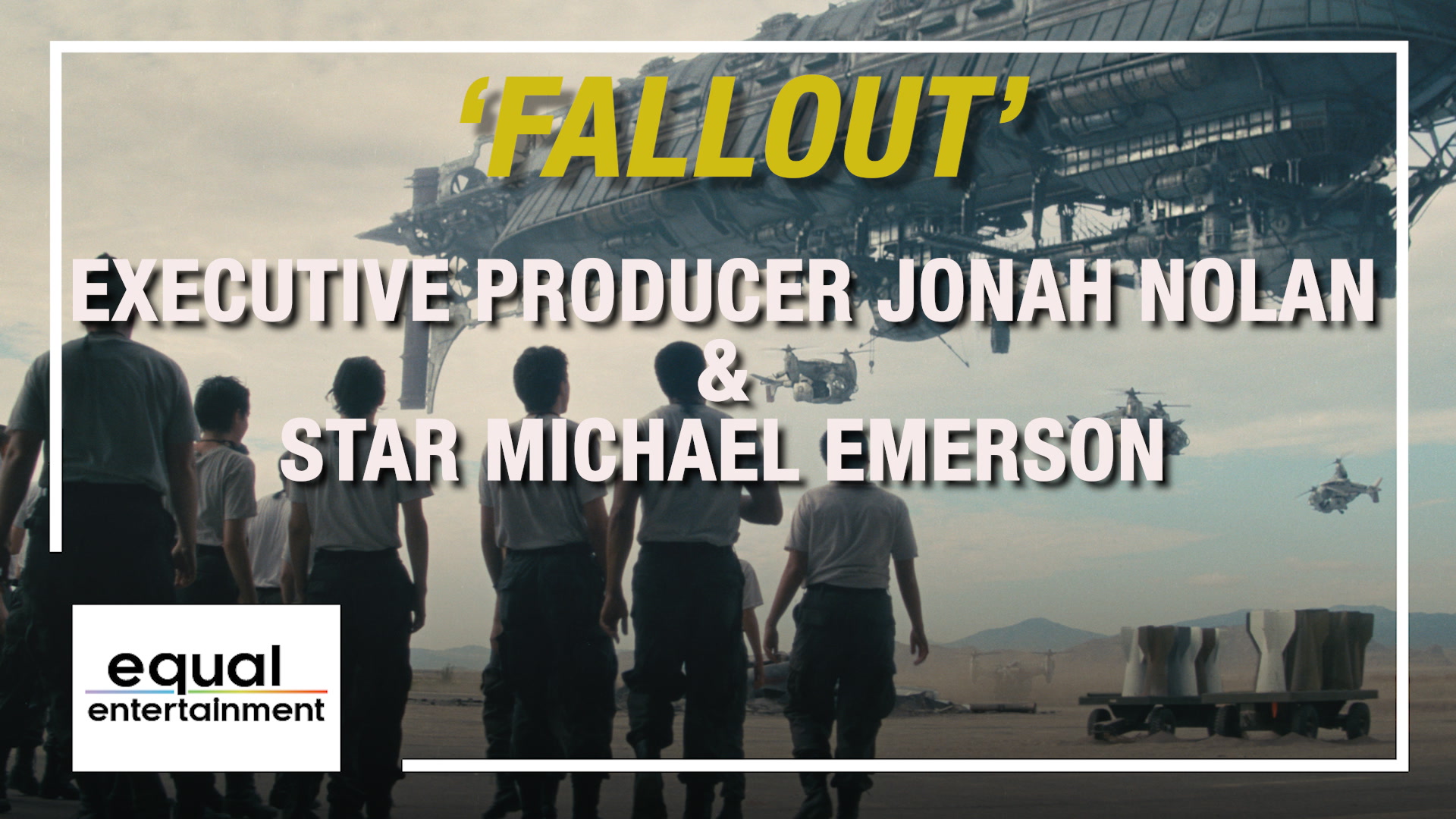
The question is, will gamers who are familiar with the franchise’s queer history, that Fallout was one of the very first games that allowed for same-sex romances, find as much to be thrilled about?
The answer is yes and no. Textual queerness is only fleetingly on screen and none of the main characters — at least so far — have explored a queer romance. However, this question has been on the minds of Nolan, Robertson-Dworet, and Wagner.
“I think [queerness] embedded into the DNA of the franchise from the beginning and hopefully the show,” Nolan tells PRIDE. “I think it’s one of the things that I found so exciting about the games when I played them. My first experience with the franchise, Fallout 3, was the fact that [the games] felt alive, subversive, and satirical, that you had a real sense, that there was nothing safe or restrained about these things, that they felt that they had the texture of the world with them. We’ve endeavored to try to bring all of that feeling, all of that tone with us into the series.”

Courtesy of Prime Video
It was also front of mind for Wagner, who said there were discussions on how to incorporate queerness into the show. “We talked about a lot of topical stuff [in the writer’s room] like where’s racism in this world? Where’s queerness in this world?” he recalls to PRIDE. Wagner admits he had concerns about doing the storylines justice. “I struggled with it a bit as a straight white dude... we’re in this great moment where there is finally money to tell queer stories. It’s not my money. Those are stories for queer storytellers to tell. I sometimes feel a little gun-shy about tackling those issues, because I know that there is a market for that, it belongs to my fellow writers who are from that demographic, and who can do a better job of it than me. But maybe that’s a cowardly approach. I’m not sure... it’s part of their conversation in the room every day,” he admits.

For Robertson-Dworet, it really came down to wanting to approach the subject correctly. “There’s so many things that we want to keep exploring that we just didn’t have time to do justice to in the first eight hours of our show, unfortunately,” she shares with PRIDE. “There’s thousands of hours of gameplay in each game. And there were so many ideas that we had that we just didn’t get to explore.” She did, however, reveal that there are queer characters in the show, as well as gender nonconformity, particularly when it comes to the Brotherhood of Steel, but that sadly a more overt moment that touched on two characters’ relationship was cut. “There are bits of it though if you look for it. I don’t wanna give anything away but in episode two in Filly there’s, there’s certainly a hint of it [with two of the characters], and we hope to — spoiler alert — return to those characters in a future season if we’re lucky enough to get one.”
Watch PRIDE’s interview with Fallout stars Ella Purnell & Aaron Moten on how the apocalypse shaped their characters.
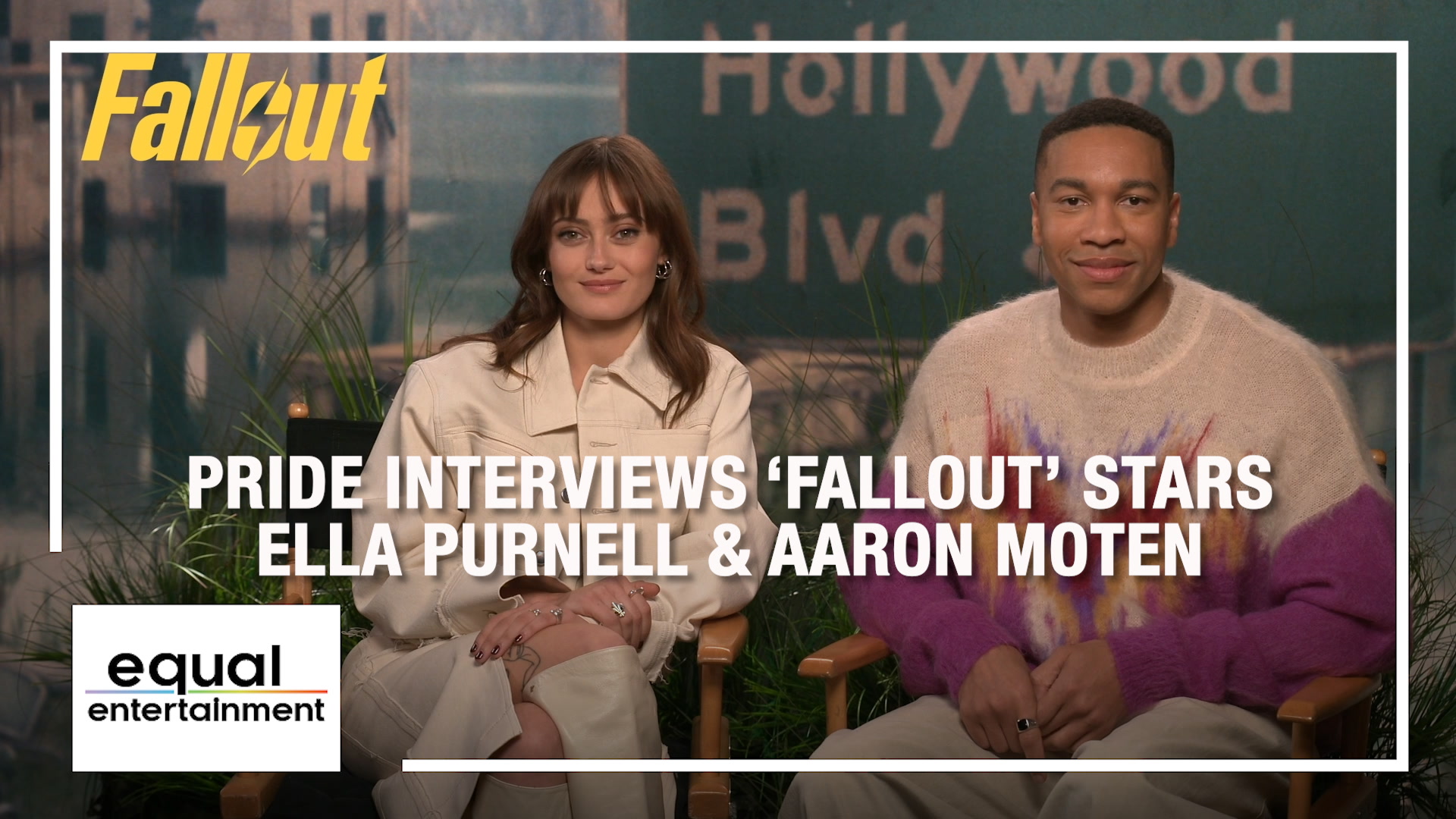
While it would have been wonderful to see one of the leads be queer, Nolan hopes that queer audiences still see themselves represented in the show’s themes, particularly around the way the show explores the ideas of tearing down the current social structures and rebuilding something new, more equitable, and, yes, queer. “One of the questions we’ve been asked is, ‘What would you need to survive the apocalypse?’ … My answer to that question, which I think is such an important part of the games, is not a shovel or a towel or a bottle of water, but community. It’s one of the things that I was struck by the very first time I played Fallout, is that it’s not necessarily about the end of the world. It’s about the beginning of a whole bunch of new worlds, different worlds, and the absence of these cultural hierarchies. It is [that in] being smashed to pieces along with everything else, people get a chance,” he explains. “[This speaks to queerness] within this universe within this new world, it’s a blank slate, that people get to chart their own course, and that these communities get to reassemble themselves with their own set of rules, which I think in a way to me speaks to the thread of optimism that runs through the games. It’s not the zombie apocalypse, it’s about if the world goes away, and we have a chance to build a new one, what does that world get to look like?”

Courtesy of Prime Video
They say that all activism is a form of science fiction because it requires imagining a whole new world. The one Fallout presents is equally fantastical and terrifyingly prescient. But most of all it’s wildly entertaining, imaginative, thought-provoking, and queer. In other words, it’s the bomb!


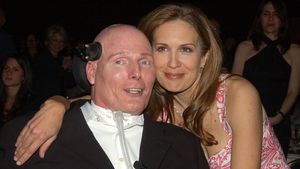



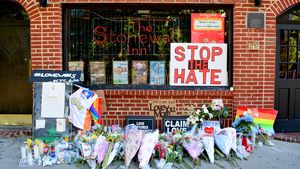



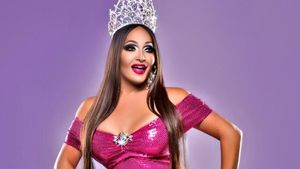

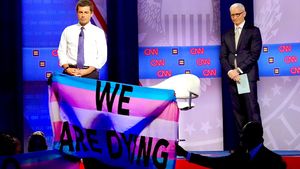
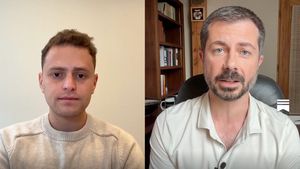




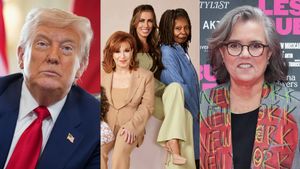


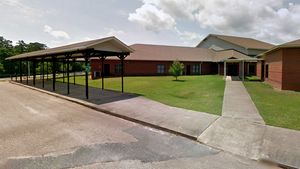


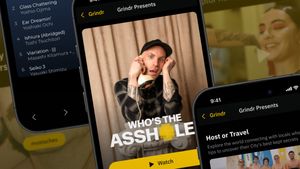


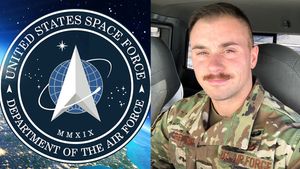




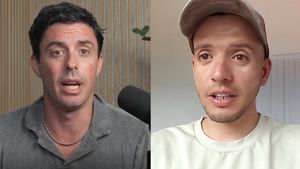






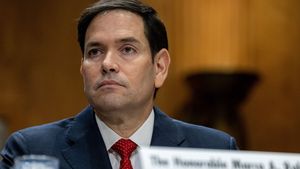
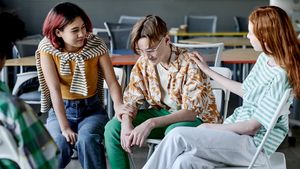
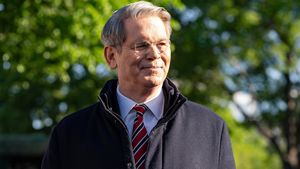
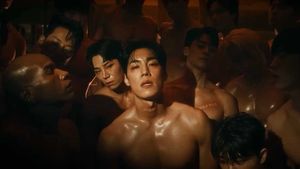

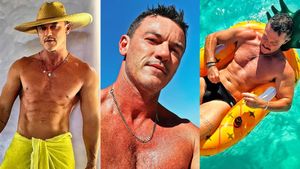





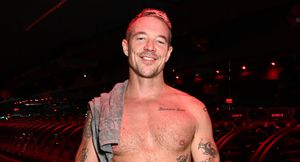
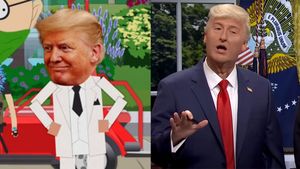
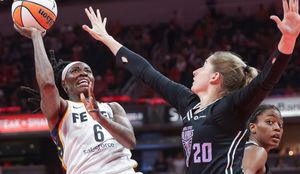





 Anti-LGBTQ+ advocate Bridget Ziegler is a giant HYPOCRITE who had threesomes with womenFOX 13 Tampa Bay
Anti-LGBTQ+ advocate Bridget Ziegler is a giant HYPOCRITE who had threesomes with womenFOX 13 Tampa Bay






